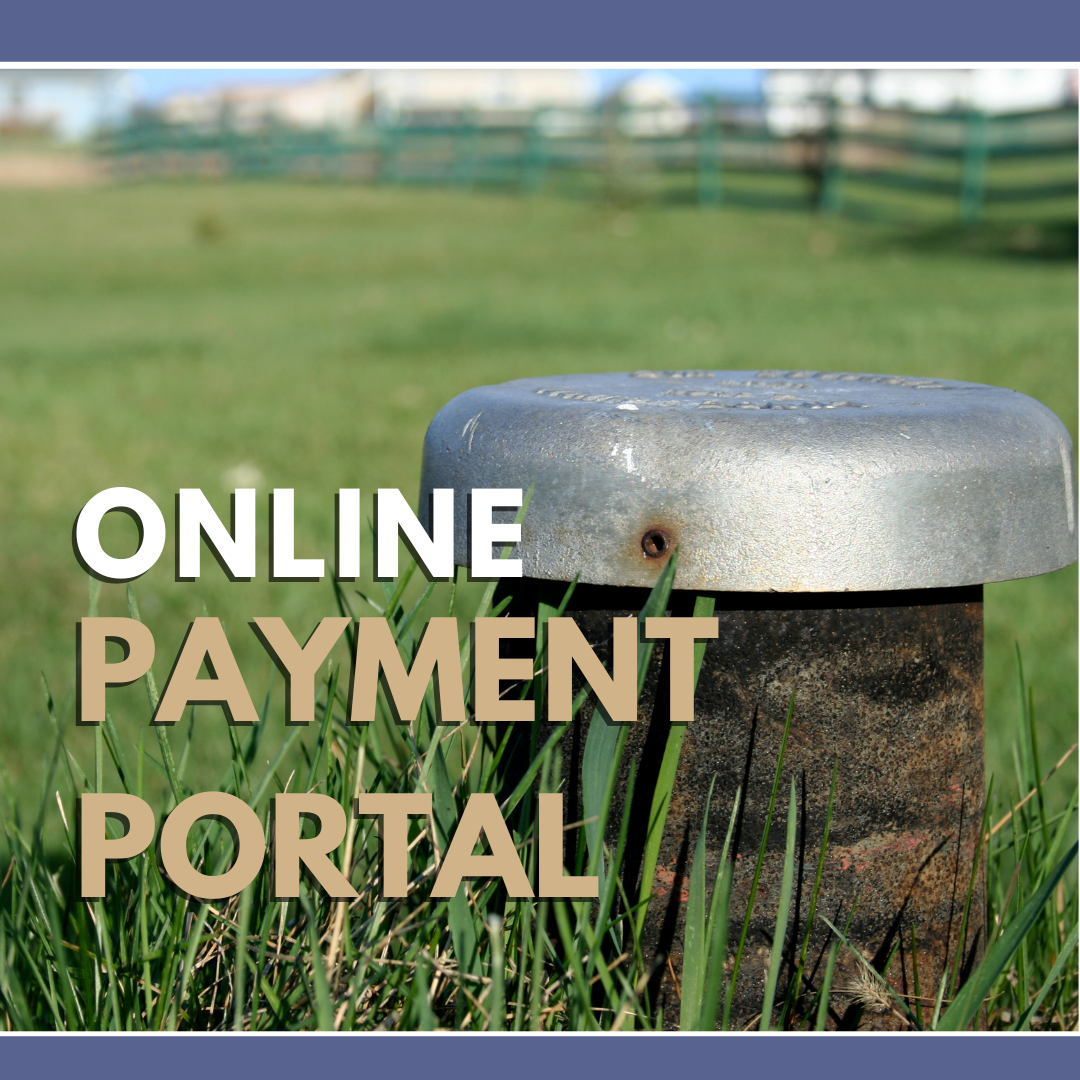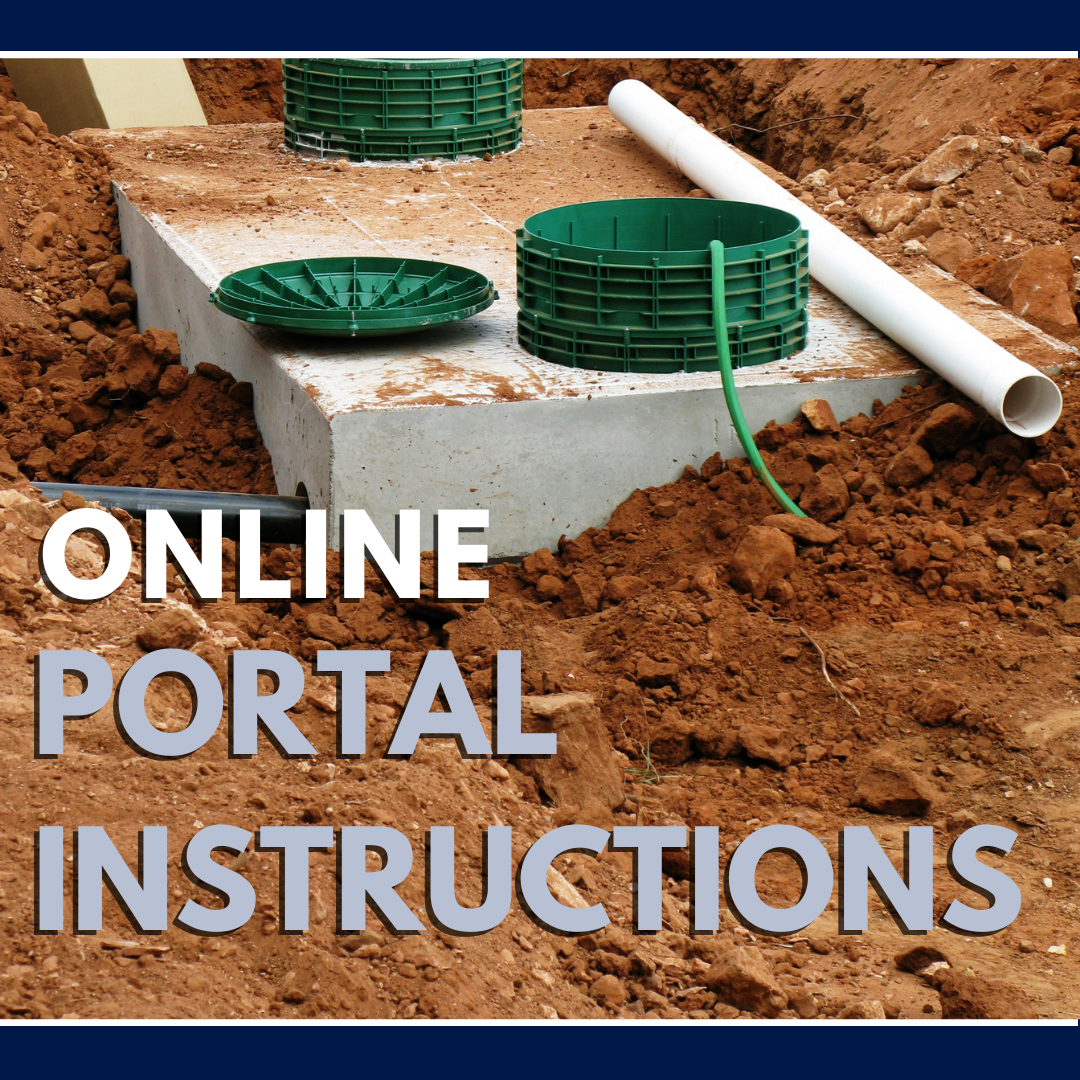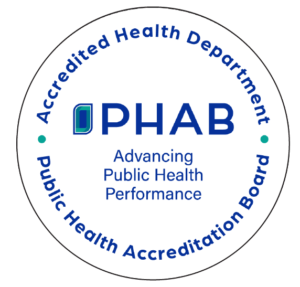Operation & Maintenance (O&M) Program
In January 2015, the Ohio Department of Health adopted new rules regarding private Sewage Treatment Systems (STSs) in Ohio (Ohio Administrative Code (OAC) 3701-29-09(I)). These new rules mandate that all health districts in the state develop and implement a local Operation & Maintenance program to ensure all systems in their jurisdiction are monitored for regular maintenance and proper function. Regular maintenance of your system will extend its life, safeguard your investment, protect your health, preserve surface and ground waters, and prevent sewage nuisance conditions on your property.
The Operation & Maintenance Program requires that every owner of a property with a Home Sewage Treatment System (HSTS) obtain, and continually renew, an Operation Permit and regularly submit proof that their system is receiving the minimum required maintenance as directed by that permit. Compliance with permit conditions will be tracked on an ongoing basis, allowing Lake County General Health District (LCGHD) to identify and address neglected and/or failing systems.
Please click the following link to review our Frequently Asked Questions (FAQs) regarding LCGHD’s O&M Program, or see the tabs below for permit information and educational material.
Enrollment Schedule:
Lake County’s Operation & Maintenance (O&M) Program began in 2007 and has since been rolled out in phases to distribute the associated workload evenly and maintain efficiency.

As shown in the above diagram, LCGHD has completed the fifth, and final phase of enrollment. Lake County is estimated to have around 15,000 private Home Sewage Treatment Systems in total, all of which have been entered into the program. Homeowners will be notified by regular mail when they are required to renew their Operation Permit.
Lake County Registered Sewage System Contractors
Service Provider List
Pumper/ Hauler List
For questions, please contact:
Dylan Kager, REHS
Registered Environmental Health Specialist
Phone: (440) 350-2842
Cell: (440) 382-9140
Email: dkager@lcghd.org
Grant Hochstetler, MPH, REHS
Registered Environmental Health Specialist
Phone: (440) 350-2464
Cell: (440) 382-7156
Email: ghochstetler@lcghd.org
Permit Information
Permit Fees:
Unfortunately while this program is state-mandated, funding has not been provided. Operation Permit fees have been established to assist LCGHD with funding for the following: the maintenance, management, and oversight of the electronic database used for system permitting and service records, personnel costs in reviewing service compliance documentation, conducting quality assurance inspections, postage, and homeowner education materials.
Permit Requirements:
LCGHD will evaluate compliance with your permit conditions based on submitted service reports, tank pumping reports, and/or service contracts with Lake County Registered Service Providers.
Home Sewage Treatment Systems need design-specific maintenance as prescribed by system manufacturers. For this reason, multiple permit maintenance requirements and fees have been established to fit these differing needs. You can find your individual permit conditions on your Operation Permit which will specify the service requirement, frequency of service, and time frame for document submission. To find more specific maintenance checklists for your system type, see the Links & Resources tab.
LCGHD has opted not to perform inspections of all systems to demonstrate compliance with permit conditions, as some other counties have. Inspections would be very costly and would only identify issues, instead of providing the needed service to repair or prevent them. Homeowners are instead required to obtain these services from a registered sewage contractor as directed on their permit.
Please see below a chart showing permit terms, costs, and service requirements:
| System Type | Permit Term | Permit Cost Per Term | Permit Conditions / Service Requirements Per Term |
|---|---|---|---|
| NPDES Discharging / Spray Irrigation | 1 Year | $160 (Includes $120 Annual Sample Cost) | Current Service Contract / 2 Service Reports Sample collected by the Health Department |
| Post-2007 Pretreatment to Soil Absorption Post -2007 Drip Distribution | 1 Year | $40 | Current Service Contract / 2 Service Reports (Or as per manufacturer requirements) |
| Pre-2007 Pretreatment to Soil Absorption Pre-2007 Drip Distribution Pre-2007 Discharging | 1 Year | $40 | 1 Service Report |
| Septic Tank to Soil Absorption | 5 Years | $100 | 1 Pump Report (or Service Report) |
Operation Permits are Transferrable:
O&M permits (and associated fees, terms, & conditions) are associated with the system and are transferred to the new owner upon sale of the property. If you have recently purchased a home in Lake County with a septic system, or HSTS, please contact our office to determine if there are any pending requirements or outstanding fees.
Educational Materials
Educational Materials:
Knowing and understanding the type of Sewage Treatment System your home uses is important for the health of your family and your community. Your onsite system, just like a centralized city sewage treatment plant, must be able to effectively treat your wastewater to remove, kill, or inactivate disease-causing organisms and chemical pollutants before they are released or distributed into the environment. Failing systems can cause untreated sewage to pond on the ground’s surface or to contaminate groundwater drinking water sources, both of which can pose a risk of spreading various diseases in our community. The materials below provide both general education for care of Home Sewage Treatment Systems (HSTSs) as well as some design-specific guidance.
If you are unsure of what type of system or components you have, you may be able to find this information from the records on file with LCGHD. All private water well and sewage treatment system documentation available at LCGHD is public record, and can be obtained by contacting our office. We are happy to help you interpret any available records, refer you to the registered and certified service providers for that system, and advise on proper care measures for your specific system and components.
For questions or if additional information is needed, please contact:
Dylan Kager, REHS
Registered Environmental Health Specialist
Phone: (440)350-2842
Cell: (440)382-9140
Email: dkager@lcghd.org
Grant Hochstetler, MPH, REHS
Registered Environmental Health Specialist
Phone: (440)350-2464
Cell: (440)382-7156
Email: ghochstetler@lcghd.org
- O&M Frequently Asked Questions (FAQs)
- Mandatory Operation & Maintenance Program Power Point for Homeowners & Realtors
- O&M Quick Guide
- National Pollutant Discharge Elimination System (NPDES) Homeowner Fact Sheet
- NPDES Quick Tips Guide
- HSTS Troubleshooting Guide
- Protect Your Pipes
- Know Your Septic Tank
- National Homeowners Guide to Evaluating Service Contracts
- Septic Smart Dos and Don’ts
- Homeowners Guide to Maintaining Your Home Sewage Treatment System
- Homeowners Sewage Treatment Guide and Record Keeping
- Advanced Treatment Unit (ATU) Dos and Don’ts
- Signs of Septic System Failure or Malfunction
- Septic Tank Lid Safety
- Tips for Water Conservation
- Tablet Chlorination
- When Your Household Sewage Treatment System (HSTS) is Flooded
- When Your HSTS Experiences a Power Outage
- 10 Ways to be a Good Septic Homeowner
- Proper Landscaping On and Around Your Septic System
- Do Your Part. Be Septic Smart.
- Think at the Sink
Links & Resources
In keeping in compliance with State Rules, operational permit information and maintenance requirements for each system are located below:



